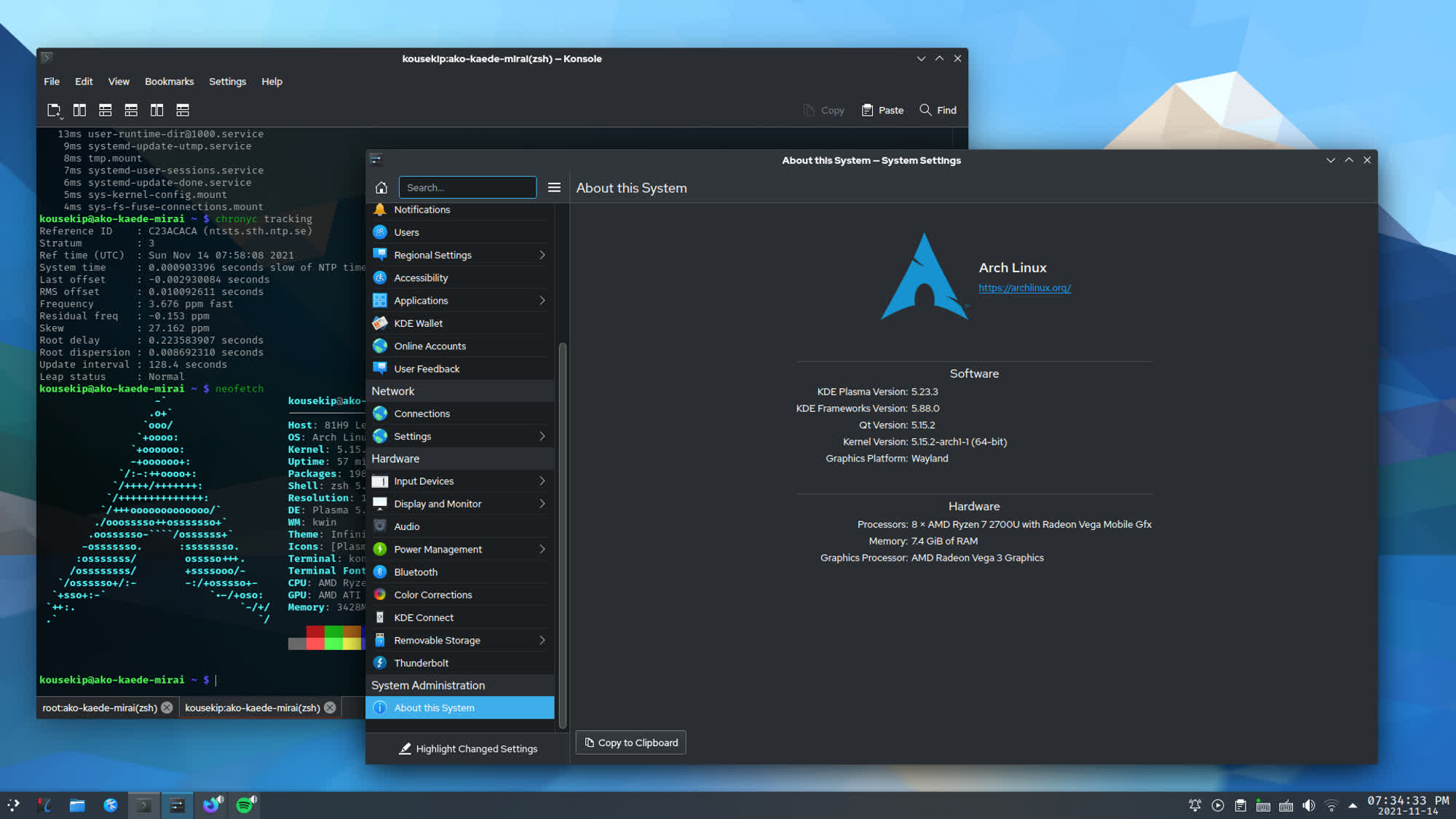In context: Arch Linux is an independently developed, general-purpose Linux distribution first introduced in March 2002 that prioritizes minimal software overhead. The OS features a small initial installation and has no traditional "major" releases, relying instead on monthly snapshots that keep only the core system components updated.
Valve has used Arch Linux as the basis for its gaming-focused SteamOS platform since 2022. The company, co-founded by Gabe Newell, has now decided to offer developers something tangible in return: a "generous" yet unspecified initiative to fund two important aspects of the free, open-source operating system.
According to a recent message from distro maintainer Levente Polyak, Valve and Arch Linux are now collaborating directly to support two projects that will significantly impact the future of the platform. Valve will provide funding for dedicated freelance development efforts on a build service infrastructure and a secure signing enclave, Polyak confirmed.
With Valve's financial support, select developers will be able to focus on these two new features while volunteers continue to dedicate their limited time to other parts of the project. A build infrastructure and a signing enclave are expected to help address some of the biggest challenges faced by Arch Linux, Polyak noted.

The collaboration with Valve will ultimately help programmers accelerate progress, allowing the new features to be developed much faster than would be possible otherwise. The OS project will continue to follow its usual workflow, with discussions on the official mailing list and a Request for Comments for any significant changes to the code.
Polyak believes that this collaboration will greatly benefit the future of Arch Linux, and he plans to share further information about the project as development work progresses. Discussion and transparency will remain essential, facilitated through both the official mailing list and planning on GitLab.
Valve has been working to establish Linux as a major force in the PC gaming industry for quite some time. The company developed Proton, a compatibility layer derived from Wine, to provide Linux gamers with effective translation layers for Windows native APIs, primarily Direct3D 9-12. Recent changes spotted in Proton are even focused on improving compatibility with the ARM64 instruction set architecture and Android, indicating that Valve is considering bringing its popular digital store to even more computing platforms beyond Windows and Linux.
